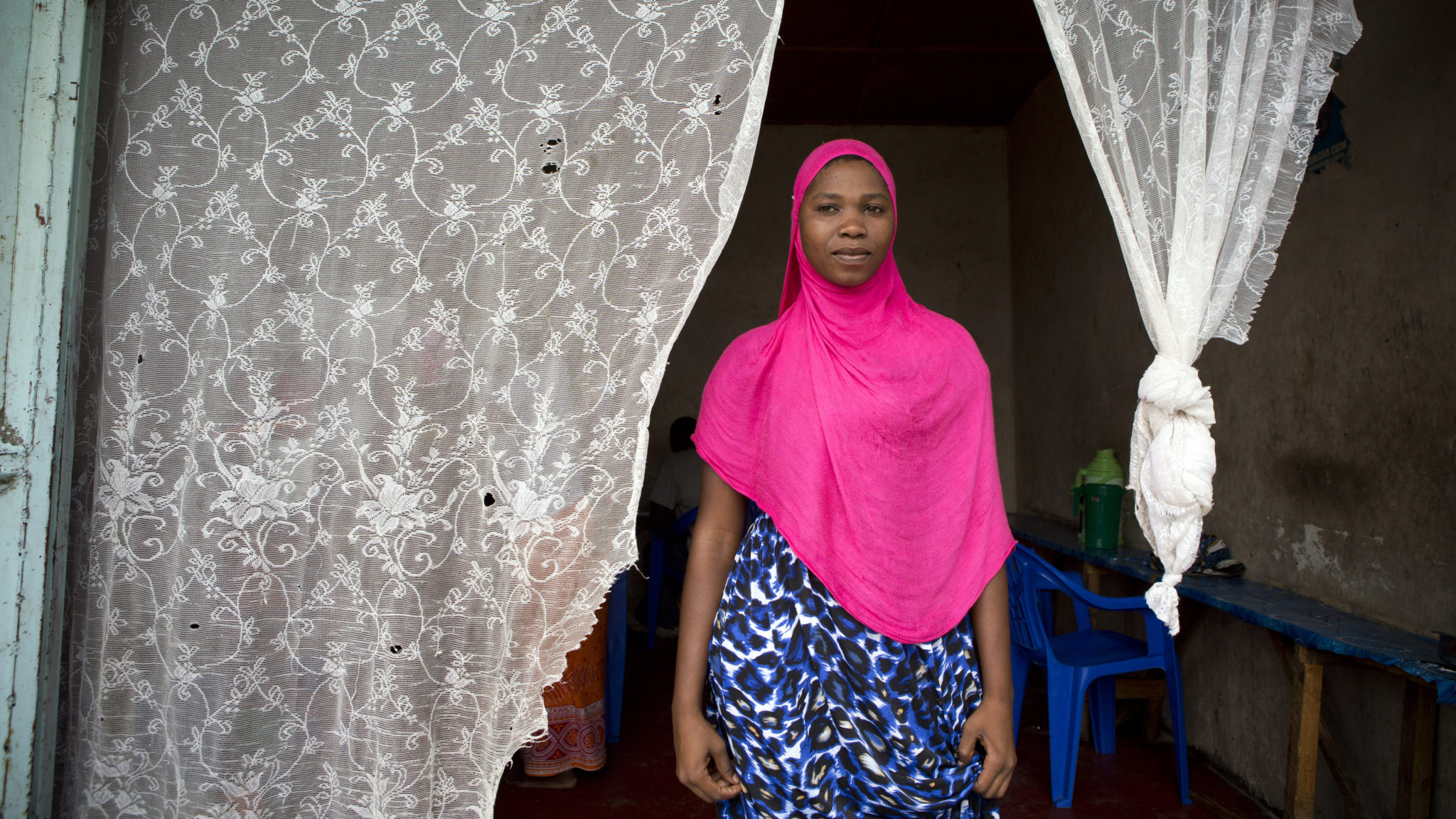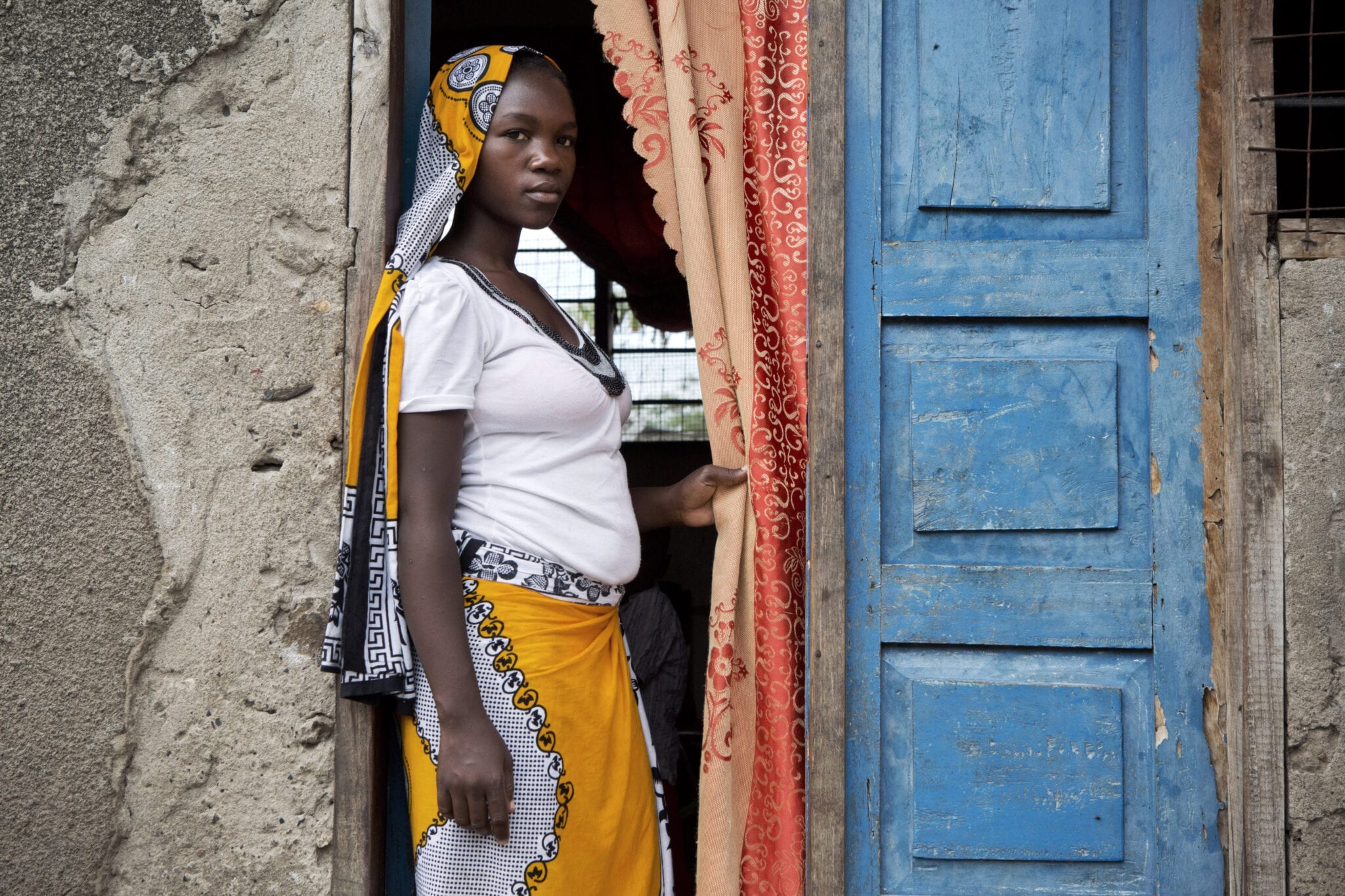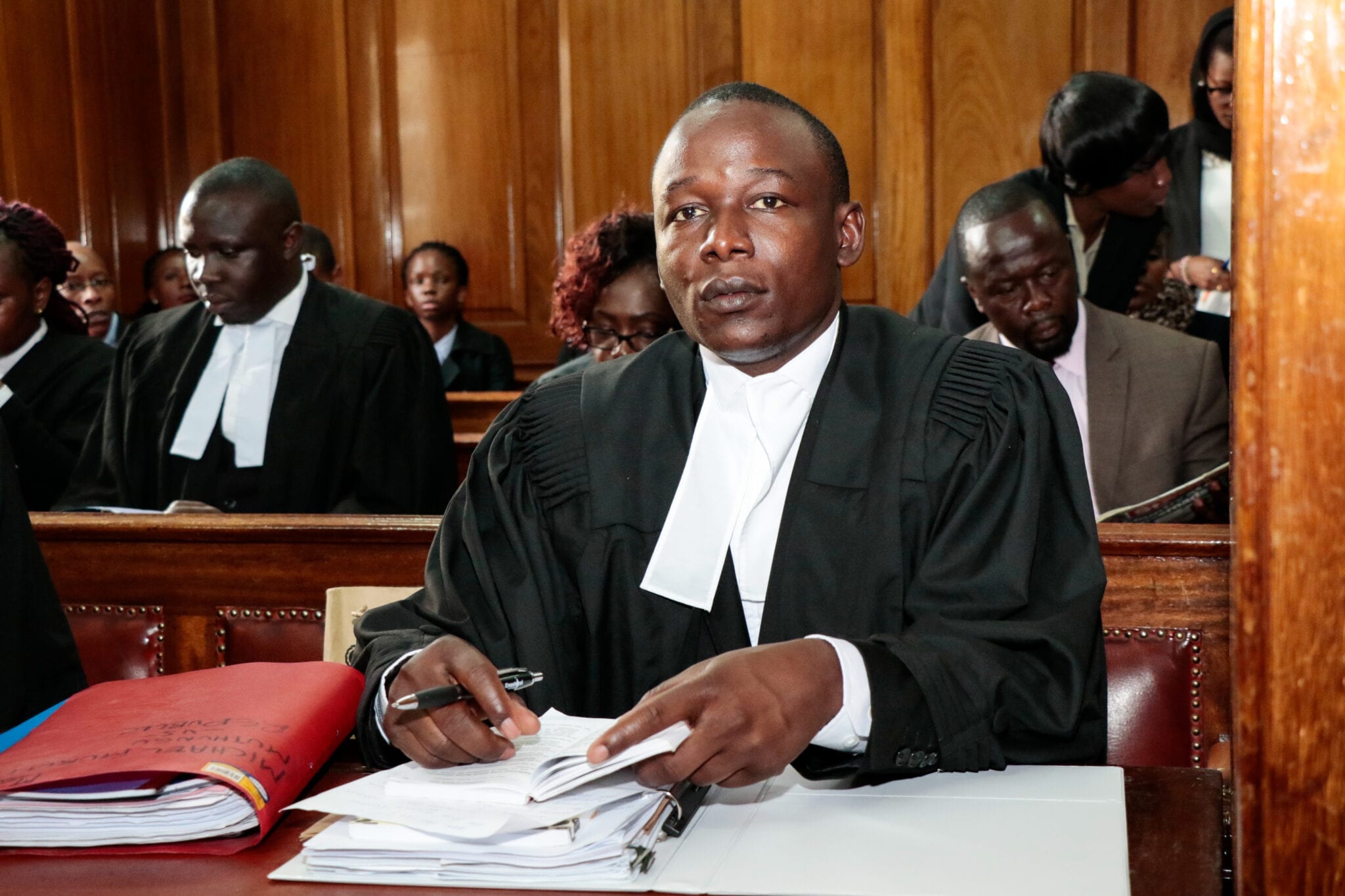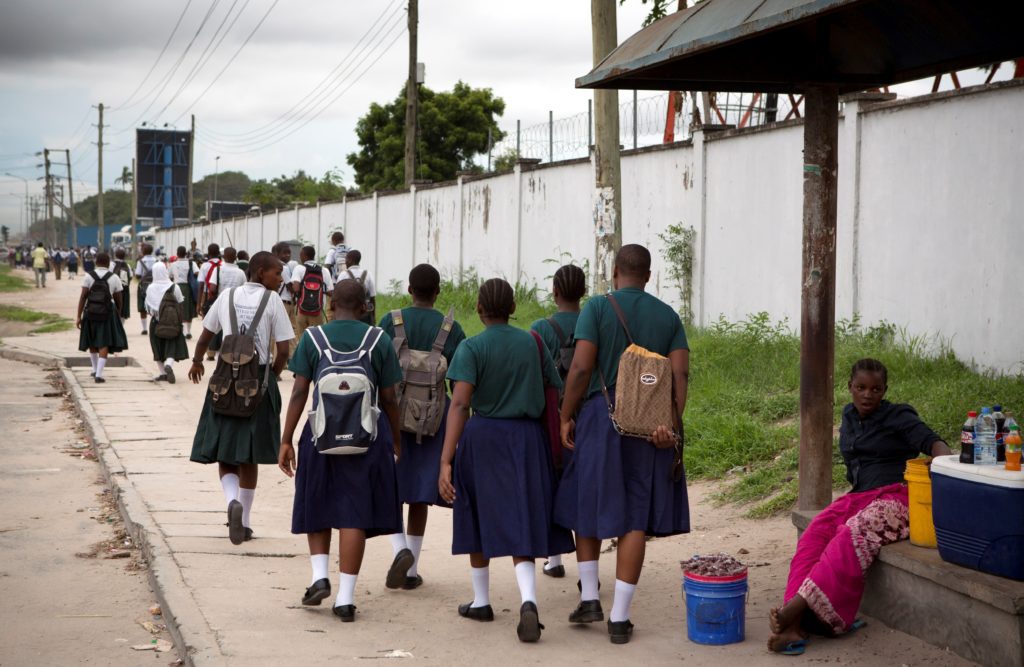Center and its Partner Argue Against Tanzania’s Expulsion of Pregnant Girls from School
Case seeks to end the discriminatory practice that prevents many girls from continuing their education.

Update: On November 25, Tanzania’s Minister of Education announced that the country will end its discriminatory policy barring pregnant schoolgirls and adolescent mothers from continuing their formal education. The Center’s Evelyne Opondo commented, “While today’s news is very welcome, we will continue to pursue our case until this change is lasting and permanent.”
On November 22, the Center for Reproductive Rights and its partner argued a case in Tanzania that seeks to end the practice of expelling pregnant girls from school – a common practice of the Tanzanian government. The case was heard by the African Committee of Experts on the Rights and Welfare of the Child (ACERWC) and was brought on behalf of six Tanzanian schoolgirls who were expelled for being pregnant.
The Center and the Legal and Human Rights Centre (LHRC) brought the lawsuit in 2019 against the Republic of Tanzania to challenge the government’s human rights and gender equality violations against Tanzanian schoolgirls. Those policies include mandatory pregnancy testing, expulsion of pregnant and married girls, denial of an education post-childbirth, illegal detention of pregnant girls, and the lack of access to reproductive and sexual health information and services in schools.
Tanzanian Practice Harms Girls by Infringing On Their Right to Education
Read the Center’s report about Tanzania’s practices.
Education is the most direct pathway to a better life for girls living in poverty. But for years, the Tanzanian government has forced public school girls to undergo pregnancy testing and has permanently expelled them if pregnant. These practices are at the center of this case, because they deny girls the opportunity to complete their education and pursue their personal and professional goals.
The Center and LHRC argue that these regressive policies impede Tanzanian girls’ right to education and are in violation of the African Charter on the Rights and Welfare of the Child and other international and regional human rights instruments ratified by the country.
“Pregnant girls are expelled and permanently excluded from re-entering the formal education system even after giving birth. In some cases, they have even been detained illegally and treated as potential or actual criminals,” said Fulgence Massawe, Director of Advocacy and Reforms at LHRC.
Tanzania’s current education system is based on exclusion, oppression, and gender segregation of female students – all of which have adversely affected thousands of pregnant students each year, according to the complaint. Human Rights Watch (HRW) estimates that 15,000 girls in Tanzania drop out of school annually due to pregnancy. Tanzania also has one of the highest rates of child marriage in the world, with 37% of girls marrying before the age of 18, which automatically subjects them to school expulsions based on nationwide school policy.
“Tanzania must protect the rights of schoolgirls to education, equality, non-discrimination, freedom from inhuman and degrading treatment and right to access sexual and reproductive health services,” said Evelyne Opondo, the Center’s Senior Regional Director for Africa. “The African Children’s Charter obligates States to ensure actions concerning children undertaken by any person or authority must be in the best interests of the children. Tanzania has thus failed in its obligation to consider the best interest of schoolgirls as they are forced to undergo mandatory pregnancy testing, expelled from school; and denied the ability to continue their education once they are married or have had children.”
The Center released a publication in 2013 documenting Tanzania’s practices, “Forced Out: Mandatory Pregnancy Testing and the Expulsion of Pregnant Students in Tanzanian Schools.” The report also established how mandatory pregnancy testing is a serious infringement of girls’ rights to privacy and autonomy.
Case Could Help Thousands of Tanzanian Girls Continue Their Education and Pursue Opportunities
A favorable outcome in the case would advance girls’ ability to continue their education during and after pregnancy and to access sexual and reproductive health services – a human right that is central to their health and well-being. With such an outcome, said Martin Onyango, the Center’s Head of Legal Strategies for Africa. “Tanzania would be obligated to undertake legislative, administrative, and judicial measures to ensure that girls’ rights—including their entitlements to education, health, equality, privacy and dignity, freedom from cruel, inhuman, and degrading treatment—are enforced and that violations are prevented.”
In addition, added Onyango, “other countries in the region with similar restrictive laws against women and girls’ rights may follow suit and consider changing their laws so they are less restrictive.”
A decision in the case is expected sometime in 2022.
Learn more about the Center’s work in Africa.
The Center works to address the root causes and systemic violations of the sexual and reproductive rights of women and girls in the Africa region.
Details of the Case
A complaint in the case, Legal and Human Rights Center and the Center for Reproductive Rights (on behalf of Tanzanian Girls) against the United Republic of Tanzania, was filed before the African Committee of Experts on the Rights and Welfare of the Child (ACERWC) on June 16, 2019.
The Committee heard the case November 22, 2021. Presenting before the Committee were:
- The Center for Reproductive Rights and the Legal and Human Rights Center, representing the complainants.
- The United Republic of Tanzania, represented by State Attorneys, on behalf of the State.
- Amicus Curiae from the United Nations Working Group on Discrimination against Women.
Read more:
- Case Challenging Tanzania’s Discriminatory Expulsion of Pregnant Schoolgirls and Other Human Rights Violations is Heard | 11.22.21
- Center for Reproductive Rights and the Legal and Human Rights Centre File a Complaint Challenging the Expulsion and Exclusion of Pregnant Schoolgirls in Tanzania | 06.17.19



